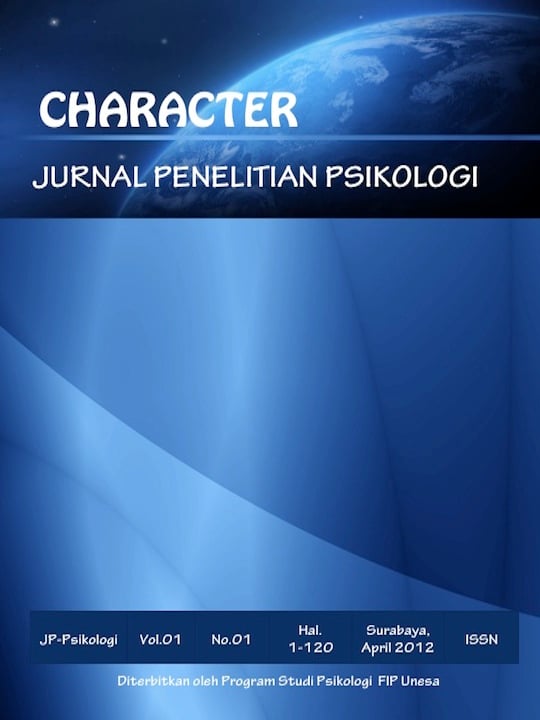PENGALAMAN PEREMPUAN MUSLIM YANG MELEPAS JILBAB
DOI:
https://doi.org/10.26740/cjpp.v8i3.41293Abstract
Abstrak
Jilbab adalah sebuah simbol penting dalam Islam. Di negara berpenduduk mayoritas muslim seperti Indonesia, tidaklah mudah bagi para muslimah untuk berhenti berjilbab. Penelitian ini menggali dan menafsirkan pengalaman para muslimah yang melepaskan jilbab mereka dan strategi mereka dalam menghadapi berbagai tantangan akibat tindakan itu. Dengan menerapkan pendekatan studi kasus, penelitian psikologi kualitatif ini menggunakan wawancara semi-terstruktur dengan tiga muslimah dewasa awal yang sudah dua tahun berhenti berjilbab. Dengan menggunakan teknik analisis naratif, riset ini menemukan bahwa asal-mula mereka berjilbab adalah faktor kunci yang memudahkan tindakan mereka meninggalkan jilbab. Ditemukan pula bahwa keputusan melepaskan jilbab membuahkan beberapa konsekuensi negatif, misalnya komentar negatif dan pertanyaan tak menyenangkan. Walaupun demikian, sebagian mereka mengalami juga konsekuensi positif, yaitu perasaan lega dan kemudahan memperoleh pekerjaan. Untuk menanggulangi konsekuensi negatif, mereka mengabaikan tanggapan negatif dan menjawab seperlunya saja berbagai pertanyaan tak menyenangkan. Konsep diri positif turut memudahkan adaptasi mereka pada penampilan baru setelah tak berjilbab.
Kata Kunci: Jilbab, penyesuian diri, konsep diri
Abstract
Hijab is one of the key symbols among Muslim women. In Indonesia, a Muslim-majority country, giving up the hijab is a tough decision for them to make. This qualitative, psychological study describes and analyzes the experiences of Muslim women who have made this decision and the ways they manage its impact. Using the case-study approach, the researcher conducted semi-structured interviews with three young Muslim women who had stopped wearing the hijab for two years. Using the narrative analysis technique, this study found that the original decision to start donning the hijab played a vital role in facilitating or inhibiting the subsequent decision to give it up. Giving up the hijab brought about negative consequences, such as disapproving comments and irritating questions. But the same decision also led to positive consequences, including emotional relief and improved job opportunities. To cope with the unfavorable consequences, these women ignored negative comments and gave spare responses to irritating inquiries. Favorable self-concept appears to have helped them adapt to a new life without the hijab.
Keywords: hijab, Muslim women, adjustment, self-concept
Downloads
Downloads
Published
How to Cite
Issue
Section
License
Authors who publish in this journal agree to the following terms:
Copyright in any article is held by the author.
The author grants the journal, publication rights with the work simultaneously licensed under a Creative Commons Attribution License that allows others to share the work with an acknowledgment of the work's authorship and initial publication in this journal.
Authors may enter into separate, additional contractual arrangements for the non-exclusive distribution of the journal's published version of the work (e.g., posting it to an institutional repository or publishing it in a book), with an acknowledgment of its initial publication in this journal.
Authors are permitted and encouraged to post their work online (e.g., in an institutional repository or on their website) prior to and during the submission process, as this can lead to productive exchanges, as well as earlier and greater citation of published work.
 Abstract views: 567
,
Abstract views: 567
, PDF Downloads: 1004
PDF Downloads: 1004





